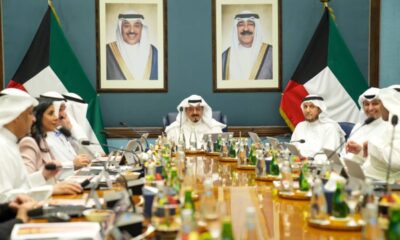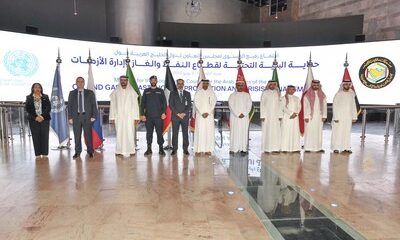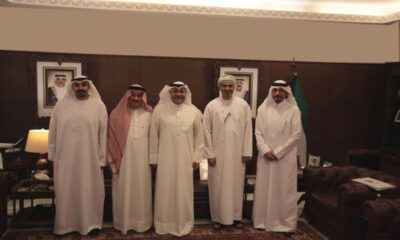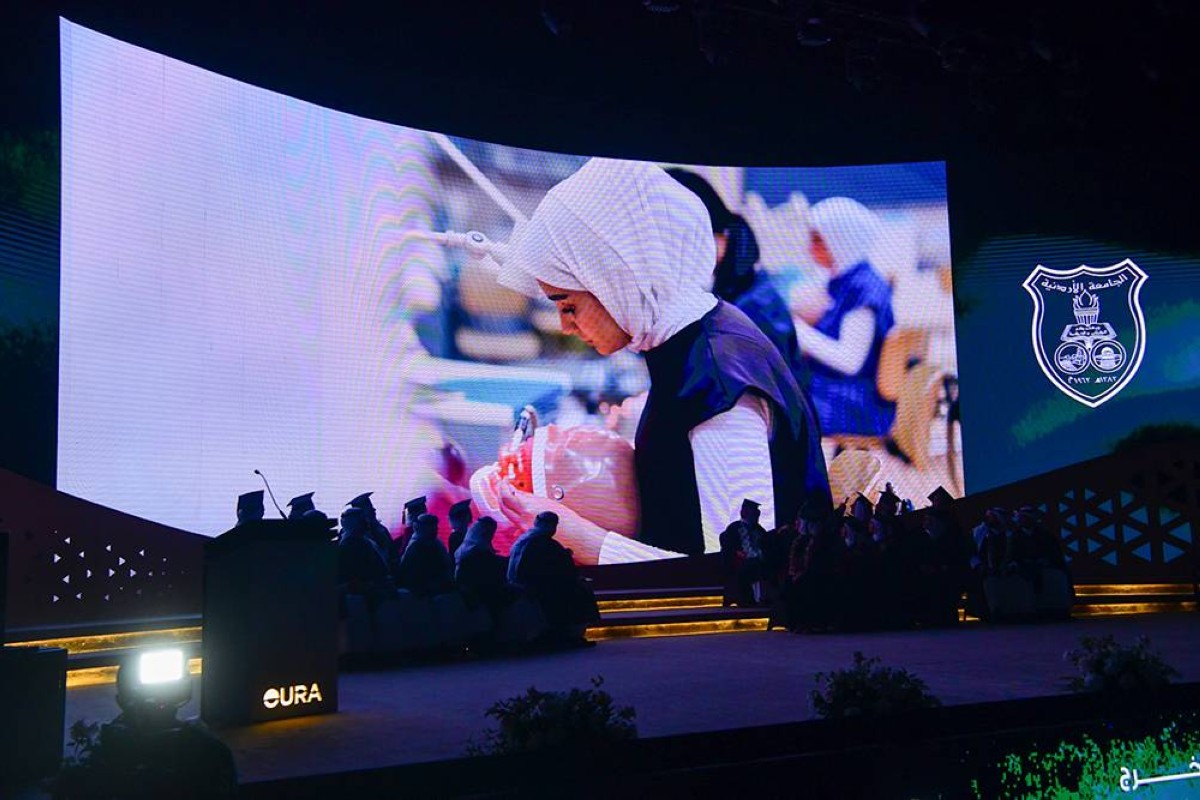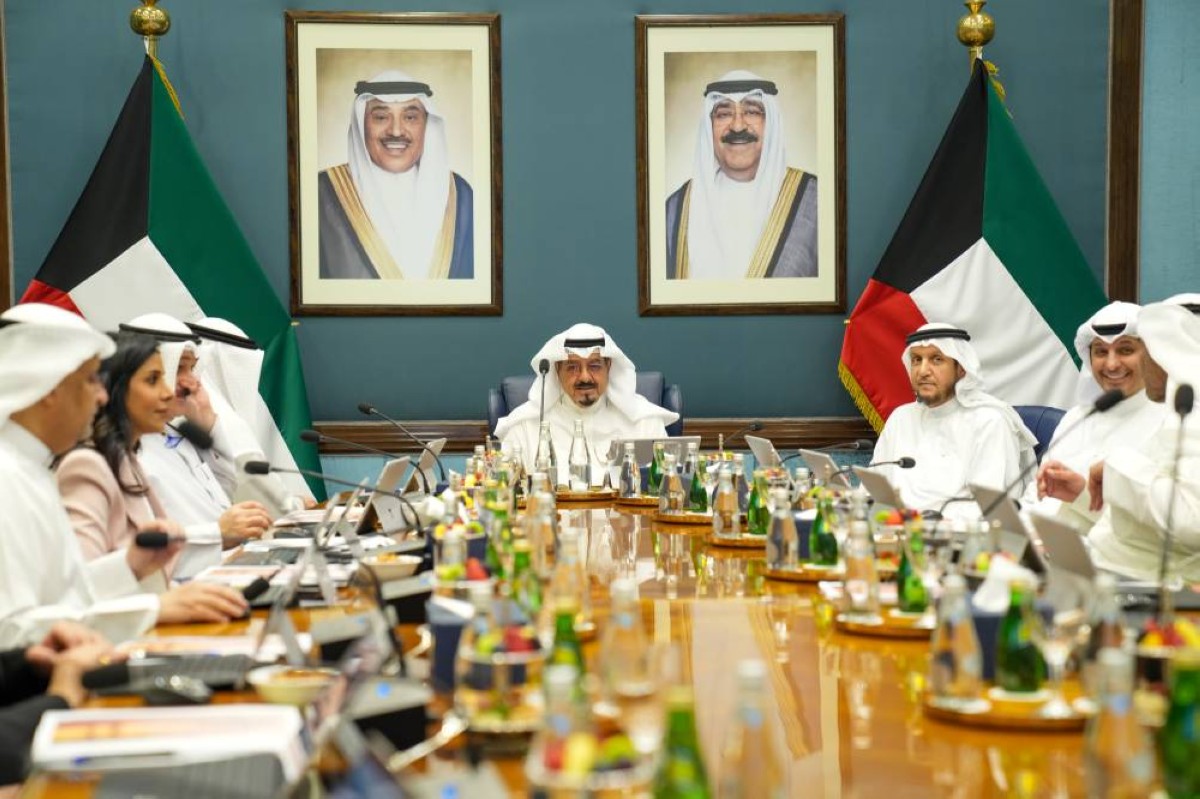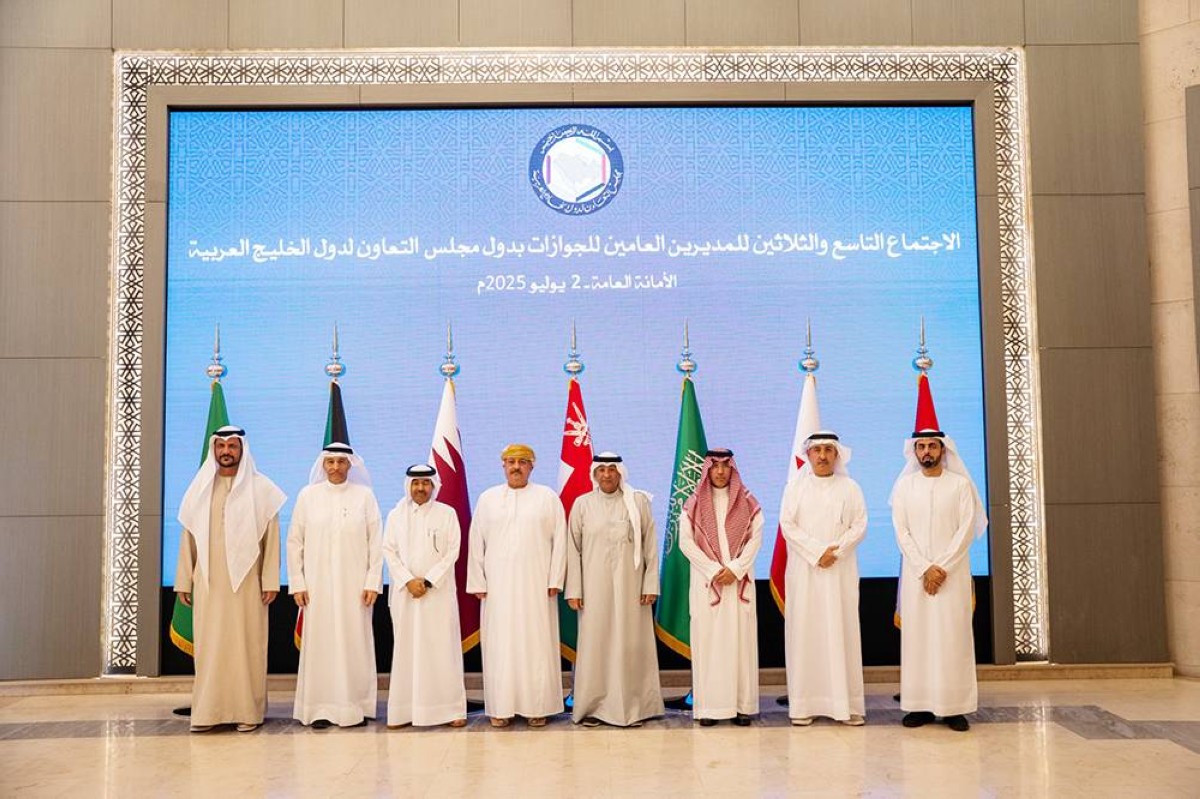BEIRUT: Kuwaiti-Lebanese relations are set to regain political and diplomatic momentum with the official visit of Lebanese President Joseph Aoun to Kuwait Sunday, marking a step that reflects the deep ties between the two countries.
President Aoun and his accompanying delegation are scheduled to arrive in Kuwait on Sunday where they will hold official talks with His Highness the Amir of Kuwait Sheikh Meshal Al-Ahmad Al-Jaber Al-Sabah. The visit carries added significance, as it comes after a hiatus in official visits at this level and amid major internal and external transformations in Lebanon. It serves as a pivotal opportunity to rebuild trust and reinforce avenues of Arab support, particularly from Kuwait, which has historically been a pillar of stability and a major supporter of Lebanon during its most challenging times.
Lebanon’s Minister of Foreign Affairs and Emigrants, Youssef Raji, said that the scheduled visit of Lebanese President Joseph Aoun to Kuwait is “a gesture of appreciation and loyalty to Kuwait — its leadership and people — for their continuous support to Lebanon.”
In an exclusive statement to the Kuwait News Agency (KUNA), Minister Raji emphasized the importance of the “continuous and ongoing” support that Kuwait has provided to the Lebanese government and people through all circumstances.
Charles Arbid, President of Lebanon’s Economic, Social, and Environmental Council, told the Kuwait News Agency (KUNA) that the relationship between Lebanon and Kuwait “goes beyond political alignment to a strong emotional and historical bond.” He stressed that Kuwait “has consistently stood by Lebanon’s humanity, sovereignty, and stability, and today renews this commitment under the new leadership of President Joseph Aoun.”
Arbid emphasized that the challenges Lebanon faces today “require a partnership based on investment, not just support,” expressing hope that the upcoming visit would “serve as a real starting point for a new economic relationship,” opening different prospects between the two nations.
He pointed to promising opportunities in sectors like energy, infrastructure, the knowledge economy, tourism, and financial services, where Kuwait’s various institutions could play “a pioneering role.”
Raji expressed his hopes that President Aoun’s visit would help “restore Kuwait’s familiar momentum” and contribute to Lebanon’s recovery efforts, which are based on the economic and political reforms being implemented by President Aoun, Prime Minister Nawaf Salam, and the ministers of the current government.
He called for strengthening bilateral cooperation across various fields, particularly in trade and tourism, and highly praised Kuwait’s embrace of the Lebanese community, “who view Kuwait as their second home — a sentiment that is mutual.”
Lebanese observers believe that this official visit lays the groundwork for Lebanon to reconnect with its Gulf and Arab depth. It also opens the door for a renewed Kuwaiti role in supporting the Lebanese reforms initiated by the government following its parliamentary confidence vote, along with backing national recovery projects across various sectors.
Fund to revive projects
During a meeting last week with Bader Al-Saad, Director General and Chairman of the Arab Fund for Economic and Social Development, Lebanese President Aoun reaffirmed his determination to rebuild the country on “new foundations,” focusing on “economic and financial reforms” supported by “transparency and good governance.” Aoun highlighted Lebanon’s intention to strengthen partnerships with financial institutions like the Arab Fund, which has financed several projects in cooperation with Lebanon’s Council for Development and Reconstruction. He also expressed gratitude for the Fund’s “renewed interest in Lebanon, which is beginning to regain the trust of its Arab brothers and international friends.”
The Arab Fund, based in Kuwait, is a regional institution that supports economic and social development across Arab countries by funding investment projects, providing grants, and offering technical expertise. Al-Saad explained that his visit aims to “revive development projects funded by the Arab Fund” after years of inactivity. He reaffirmed the fund’s commitment to fulfilling existing loans, with a focus on education and health sectors.
Speaking to reporters, Al-Saad confirmed the Fund’s readiness to provide new soft loans and to help build Lebanon’s development capacities by training technical staff within ministries and security agencies. He noted that the Fund is awaiting the Lebanese government’s identification of priority development projects.
Al-Saad also emphasized the Arab Fund’s goal to be “the first development institution to resume activities in Lebanon,” highlighting ongoing cooperation with the World Bank. Meetings with Lebanese ministers were scheduled to assess urgent development needs. A Fund team is currently stationed at Lebanon’s Council for Development and Reconstruction to review projects in key sectors such as electricity, water, education, health, and infrastructure.
Separately, Al-Saad met with Lebanese Prime Minister Nawaf Salam, who praised the longstanding ties with the Arab Fund and described it as “a key partner for development.” Salam expressed hope for expanded cooperation across priority sectors and pointed to a “historic opportunity” for Lebanon’s recovery, supported by growing Arab interest.
Al-Saad also met with Parliament Speaker Nabih Berri to discuss ways of reactivating the Fund’s role in Lebanon’s development and social projects, aligned with its updated operational mechanisms and Lebanon’s current needs. — KUNA
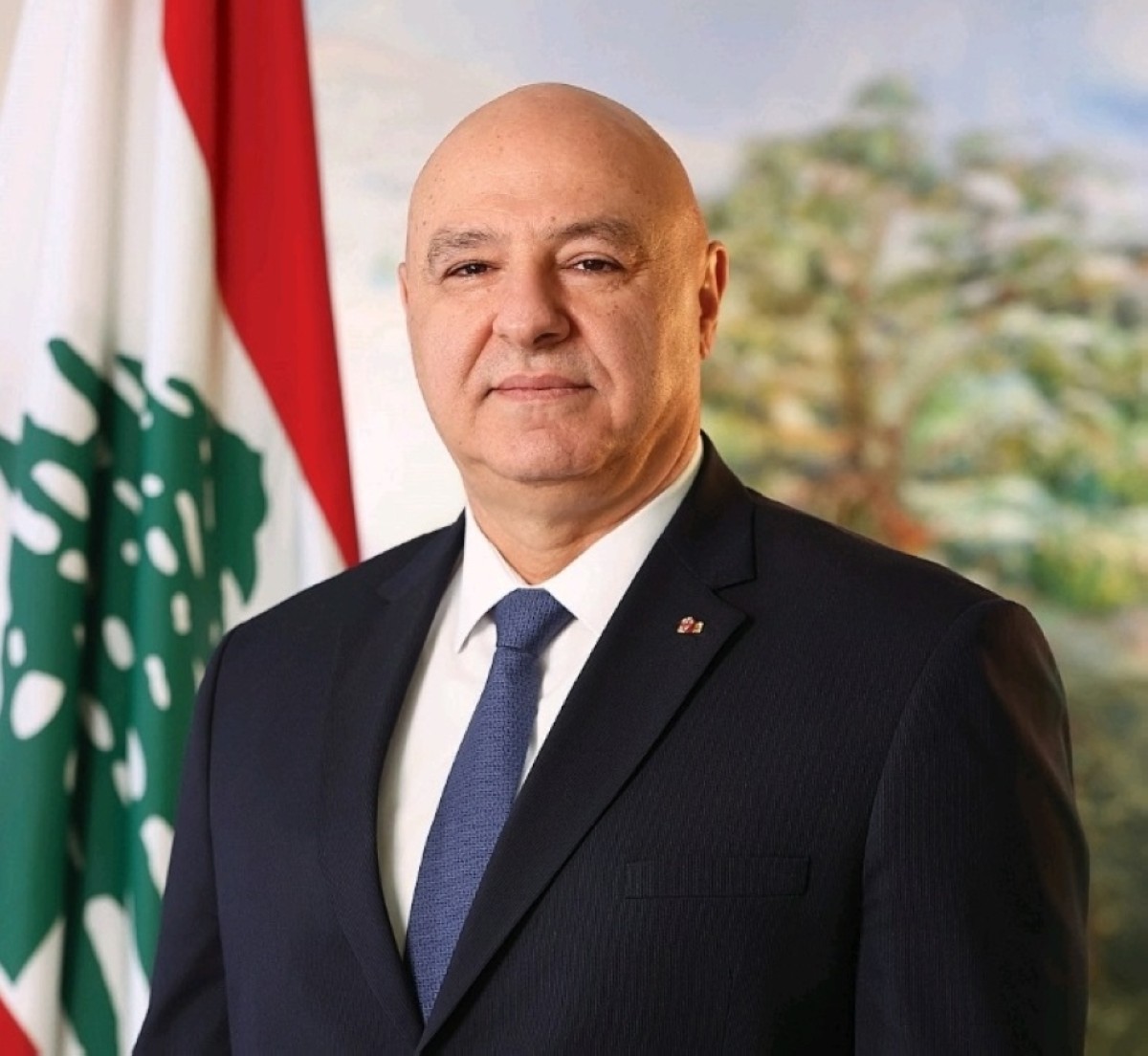
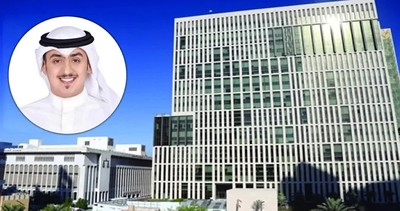
 Politics20 hours ago
Politics20 hours ago
 Politics18 hours ago
Politics18 hours ago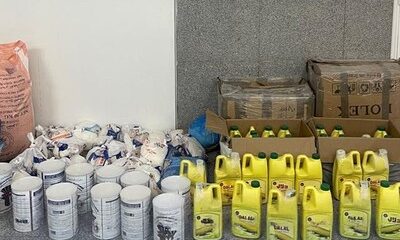
 Politics6 hours ago
Politics6 hours ago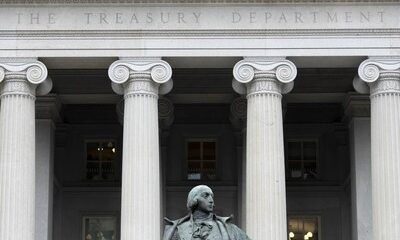
 Business17 hours ago
Business17 hours ago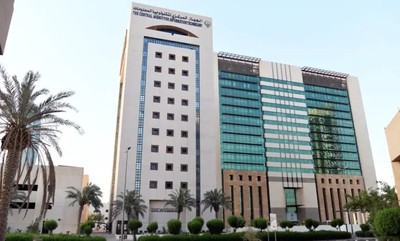
 Business18 hours ago
Business18 hours ago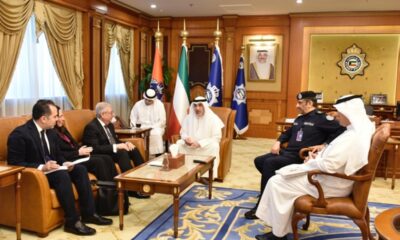
 Latest News7 hours ago
Latest News7 hours ago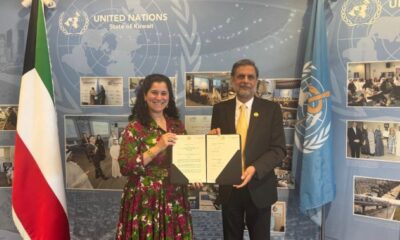
 Latest News12 hours ago
Latest News12 hours ago
 Business20 hours ago
Business20 hours ago
